The IFRA rate is the safety rate. The percentage is a maximum. This is how much can come in contact with your skin when making this particular product without causing irritation. Even if a percentage is high, it doesn't mean you have to use the maximum.
The percentage of fragrance oil is a calculation of the total. If you make a 1 kg soap or candle and the maximum percentage is 5%, the maximum you can use is the following:
1000 grams x 0.05 = 50 milliliters of fragrance oil.
| Application (▾▴) |
Maximum % (▾▴) |
IFRA Category (▾▴) |
| Aerosol/spray insecticides | 100 | 10 B |
| Detergent,detergent and deodorant for machine washing | 100 | 12 |
| Bracelets with scent | 100 | 4 |
| Beard Oil | 100 | 5 B |
| Baby creme/lotion, baby oil, baby powders and talc. | 100 | 5 D |
| Baby wipes | 100 | 8 |
| Baby wash, bath, shampoo | 100 | 9 |
| Bath Products (Bath Bombs, Oil, Salts, Soak, Bubble Bath, Epsom Salts, Body Scrub) | 100 | 9 |
| Body Lotions (body butter, mist, olie, bars, stick, zalf, zonnebrandcrème) | 100 | 5 A |
| Body wash and shower gels | 100 | 9 |
| Conditioner (rinse-off) | 100 | 9 |
| Deodorants and antiperspirants of all types (spray, stick, roll-on, etc.). | 53.33 | 2 |
| Deodorant for the hair | 100 | 7 B |
| Deodorant/masks not intended for skin contact (e.g., clothes dryer deodorant, carpet powders) | 100 | 12 |
| Animal sprays: sprays applied to all types of animals | 100 | 10 B |
| Diffuser, lampring, reed diffusers, pot-pourri, liquid refills for air fresheners (without cartridge) | 100 | 10 A |
| Wipes or refreshing tissues for face, neck, hands, body | 100 | 3 |
| Wipes for the toilet seat | 100 | 10 A |
| Dry shampoo and cleansing kits | 100 | 10 A |
| Scented socks, gloves | 100 | 11 B |
| Fragrant board games | 100 | 12 |
| Fragrance strips for hydroalcoholic products. | 100 | 4 |
| Fragrance pack | 100 | 12 |
| Odor diffusion system (using dry air technology) | 100 | 12 |
| Fragrance bags, foil packs | 100 | 4 |
| Facial moisturizers and cremes | 100 | 5 B |
| Facial makeup and foundation | 100 | 3 |
| Face masks (paper/protective) e.g. surgical masks not used as medical devices | 100 | 11 B |
| Facial masks for the face and around the eyes | 100 | 3 |
| Facial cleanser (rinse-off) | 100 | 9 |
| Facial tissues (dry tissues) | 100 | 11 B |
| Facial toner | 100 | 5 B |
| Hair treatment : permanent or other chemical treatments (rinse-out) of the hair (e.g. relaxers), including rinse-out hair dyes | 100 | 7 A |
| Hair treatment : permanent or other chemical treatments of the hair (leave-on) (e.g. relaxers), including leave-on hair dyes | 100 | 7 B |
| Hair sprays (pumps, aerosols, etc.). | 100 | 7 B |
| Hair styling aids without sprays (mousse, gels, leave-on conditioners) | 100 | 7 B |
| Hand dishwashing detergent (including concentrates) | 100 | 10 A |
| Handlotion (crème, gel, lotion) | 100 | 5 C |
| Hand sanitizers | 100 | 5 C |
| Hand detergent (including concentrates) | 100 | 10 A |
| Household cleaners, other types, including textile cleaners, soft surface cleaners, carpet cleaners, furniture polishing sprays and wipes, etc. | 100 | 10 A |
| Hydroalcoholic and non-hydroalcoholic fine fragrances of all types (EDT, Perfume, Au de Cologne, solid perfume, aftershave, etc.). | 100 | 4 |
| Incontinence pants for adults, pad | 100 | 11 A |
| Ingredients of perfume kits and fragrance blends for cosmetic kits | 100 | 4 |
| Insect repellent (intended to be applied to the skin) | 100 | 5 A |
| Insecticides (e.g. mosquito coil, paper, electric, for clothing) excluding aerosols/sprays | 100 | 12 |
| Intimate wipes | 100 | 8 |
| Joss sticks or incense sticks | 100 | 12 |
| Candles of all kinds (including waxmelts and sheaths) | 100 | 12 |
| Cat Litter | 100 | 12 |
| Corn sacks | 100 | 11 B |
| Scratch and sniff | 100 | 12 |
| Body and face paint (children and adults) | 100 | 3 |
| Body sprays (including body spray) | 53.33 | 2 |
| Lip products of all types (solid, liquid, clear or colored, etc.). | 0 | 1 |
| Air fresheners (bathroom spray, deodorizer, room freshener, room mist, toilet spray). | 100 | 10 B |
| Air fresheners (scented beads, car freshener, sachets, scented beads) | 100 | 12 |
| Air fresheners and fragrances of all types (concentrated aerosol with metered doses, plug-ins, closed systems, solid substrate, membrane release, electric, powders, incense, liquid refills, crystals) | 100 | 12 |
| Diapers (baby and adult) | 100 | 11 A |
| Machine detergents with skin contact (e.g., liquids, powders), including concentrates | 100 | 10 A |
| Make-up remover for face and eyes | 100 | 3 |
| Fertilizers, solid (granules or powder) | 100 | 11 B |
| Mouthwash, including breath sprays | 0 | 6 |
| Nail care products, including cuticle cremes, scented nail polish, etc. | 100 | 5 C |
| Nose pores strips | 100 | 3 |
| Depilatories (including for the face) and wax for mechanical hair removal | 100 | 9 |
| Eye products (eye shadow, mascara, eyeliner, makeup, etc.). | 100 | 3 |
| Tights with moisturizers | 100 | 11 B |
| Paper towels | 100 | 11 B |
| Plastic items (excluding toys) | 100 | 12 |
| Powders and talc (excluding baby powders and baby talc) | 100 | 5 A |
| Cleaners for hard surfaces (bathroom and kitchen cleaners, furniture polishes, leather cleaning wipes, textile treatment products, etc.). | 100 | 10 A |
| Scheercrèmes van alle soorten (sticks, gels, schuim, enz.) | 100 | 9 |
| Shoe polishes | 100 | 12 |
| Napkins | 100 | 11 B |
| Shampoo | 100 | 9 |
| Shampoo-Dry (shampoo without water) | 100 | 7 B |
| Shampoos for pets | 100 | 9 |
| Iron water (Odorized distilled water) | 100 | 10 A |
| Tampons | 100 | 8 |
| Toothpaste | 0 | 6 |
| Tooth powder, strips, mouthwash tablets | 0 | 6 |
| Textile spray (linen spray, pillow spray) | 100 | 10 A |
| Toilet paper (dry) | 100 | 11 A |
| Toilet paper (wet) | 100 | 8 |
| Toilet edge blocks | 100 | 12 |
| Traditional sanitary pads for feminine hygiene, panty liners, interlabials | 100 | 11 A |
| Paint | 100 | 12 |
| Liquid soap | 100 | 9 |
| Floor wax | 100 | 10 A |
| Voetverzorgingsproducten (crèmes en poeders) | 100 | 5 A |
| Foot care products (feet are placed in a bath to soak) | 100 | 9 |
| Laundry pretreatment (e.g., pastes, sprays, sticks) | 100 | 10 A |
| Detergents for machine washing with minimal skin contact (e.g. liquid tabs, pods) | 100 | 12 |
| Fabric softeners, including fabric softener sheets | 100 | 10 A |
| Waxmelts | 100 | 12 |
| Soap (cold, hot, whipped, transparent) | 100 | 9 |
| Zonnebrandcrème lippen | 0 | 1 |
| Zonnebrandcrème lichaam | 100 | 5 A |


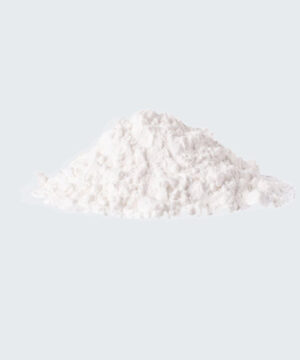
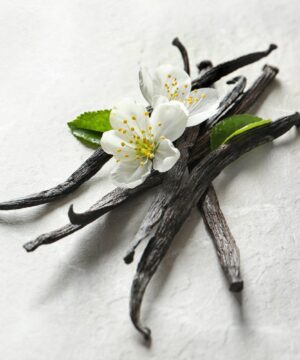
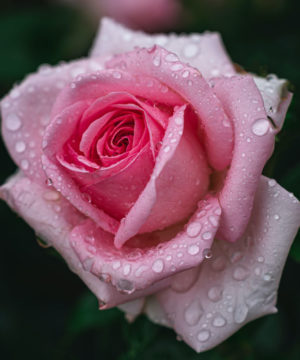

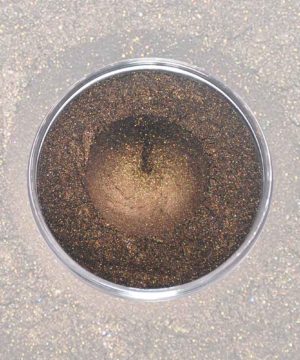
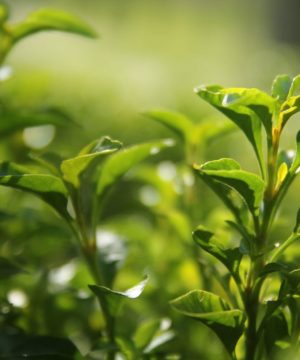
Reviews
There are no reviews yet.